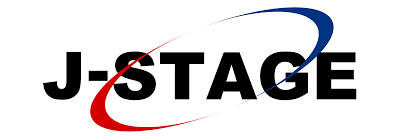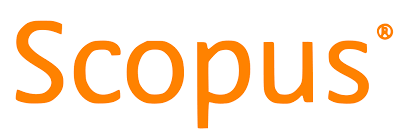Mass Spectrometry is a peer-reviewed, open access journal publishing articles in all areas of mass spectrometry. Published continuously online, the journal is fully indexed in J-STAGE and PubMed Central.
Mass Spectrometry welcomes submissions from around the world.
About the journal
Mass Spectrometry is an academic journal on both fundamentals and applications of mass spectrometry, owned and published by the Mass Spectrometry Society of Japan (MSSJ).
Readers
Anyone may access all articles in Mass Spectrometry from J-STAGE and PMC.
Contact
This site is operated by the Mass Spectrometry Society of Japan.
The Mass Spectrometry Society of Japan
c/o Academy Center, Yamabuki-cho 358-5, Shinjuku-ku, Tokyo 162-0801, Japan
TEL: +81-3-6824-9378
E-mail: mssj-post[at]as.bunken.co.jp
(Note : change [at] to @ when typing in address.)
Latest articles
Letter to the EditorJanuary 1, 2026
Regarding our recently published paper on the hydrogen-included complex negative ions [H2···H2O]− at m/z 20 and [H2···HF]− at m/z 22 in corona discharge mass spectrometry (CD MS), Asakawa and Hiraoka have raised the following question:
ReviewDecember 20, 2025
The Road to the Full Sequencing of Natural Frogs’ Peptides Relying Solely on Mass Spectrometry
T. Yu. Samgina, A. T. Lebedev
Amphibians, as one of the leaders of immune resistance, have lived on Earth for hundreds of millions of years. Their dorsal glands produce a cocktail of biologically active peptides that successfully fight microorganisms and even predators.
Original ArticleDecember 18, 2025
Stepwise Monitoring of Ligand Exchange on Gold Nanorods: From Cetyltrimethylammonium Bromide to Thiol-Functionalized Biocompatible Phosphorylcholine Using Matrix-Free LDI-TOF Mass Spectrometry
Hideya Kawasaki, Yasuhiko Iwasaki, Ryuichi Arakawa
Gold nanorods (AuNRs) possess anisotropic optical and electronic properties, primarily determined by their aspect ratio and surface ligands, which make them attractive for applications in sensing, catalysis, and nanomedicine.
Featured articles
Original ArticleJuly 17, 2024
Direct ESI-MS of Ionic Liquids Using High-Pressure Electrospray From Large-Bore Emitters Made of Micropipette Tips
Takeshi Matsuda, Lee Chuin Chen
Electrospray ionization mass spectrometry of neat undiluted ionic liquid (IL) and the analysis of protein with the doping of IL were performed using high-pressure electrospray. The use of disposable micropipette tips as emitters eased the handling of viscous and easy-to-clog samples and improved the reproducibility of the measurement.
Original ArticleDecember 29, 2024
Atmospheric Pressure Mass Spectrometry Imaging Using Electrospray-Assisted Laser Desorption/Ionization with Gas Transportation through a Heated Tube and Minimal Sample Preparation
Riku Hirotani, Yuto Miyoshi, Varun Sendilraj, Hisanao Hazama
Mass spectrometry (MS) is a valuable tool that enables label-free analysis and the ability to measure multiple molecules. The atmospheric pressure MS imaging (MSI) method usually requires tedious sample preparation.
Original ArticleApril 11, 2023
Comprehensive Membrane N-Glycoproteomics Using Human Breast Cancer Cell Line Pairs
Daisuke Takakura, Haruka Yoshida, Shoko Ohashi, Nana Kawasaki
Aberrant glycosylation of membrane proteins is a hallmark of cancer and a useful molecular marker for the diagnosis of breast cancer (BC). However, the molecular mechanisms by which altered glycosylation affects the malignant transformations associated with BC are poorly understood. Accordingly, we performed comparative



